
Self
A TV documentary about Latvian actor Uldis Pūcītis, featuring fragments from many of his films ("Swap Treader", "Four White Shirts" and others), as well as stories by people who knew him - actors and directors, former lovers and classmates.
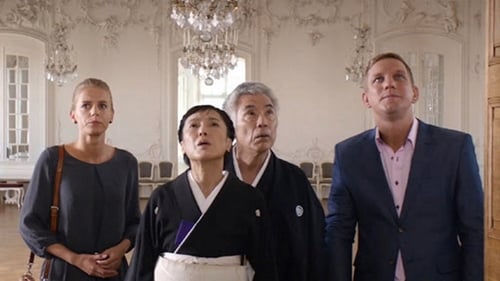
“Magic Kimono” tells the story of middle-aged Japanese woman Keiko, who has been living in a shell for decades due to a family tragedy in Kobe. The modest act of eating and the sensations it gives us provided Keiko a lifeline to survive. Unwillingly, she joins a group of Japanese women traveling to Northern Europe to participate in a kimono show in the fairytale-like art nouveau world of Riga. During her performance, Keiko suddenly comes face to face with her husband, who disappeared twenty years ago and now wants to read-dress their relationship and who Keiko has become.

In a house soon to be demolished lives a little girl. When her mother dies, she is forced to look for shelter at the side of a man, the only one still left in the house. He is a strange, somber man with his only companions being two endlessly trustworthy dogs - Monk and Prince.

A businessman and a footballer are murdered before an important football match in Prague. Investigation has to be started.

After his family was introduced on a national TV as a "perfect family", the son Robert has a hard time confronting all the lies related to this accidental fame.

Veronika
When old auntie Mirta succeeds in a lottery and wins a car, which she cannot use herself, different family members are suddenly there to 'be helpful' in favor to get the car after aunties' death, not to mention, they never have come before to help her. The funny rivalry between two parts of family, a foolish jealousy to the near living peasants' family, which had always non-selfishly been there for auntie, is a caricature of greasy human nature. This is a slight humor of the Soviet life details as well. But aunt Mirta isn't fool, and is still young in her heart until her last minute, that appears in her last will - to whom the car, the limousine in the color of St. John's night goes.

Ilga

Kristīne
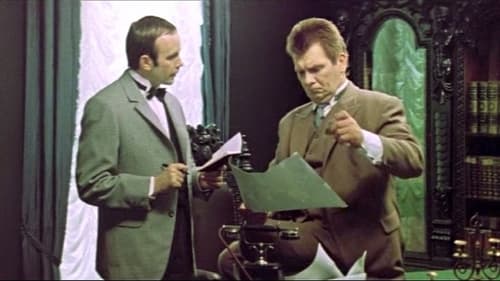
Latvia in the 1920s. The enterprising Edgars Ceplis establishes a company to produce bricks from Latvian clay for export. Many are involved in his project, hoping for the huge profits the venture promises. Ceplis soon becomes infatuated with his office typist Austra Zīle and starts neglecting the business...
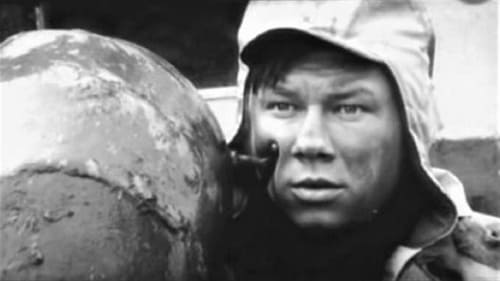
Fanija

Bille
The son of Martins Viksna, the collective farm chairman, Klavs comes home from the military service and starts working in his native kolkhoz but does not understand his colleagues, so he goes to town.
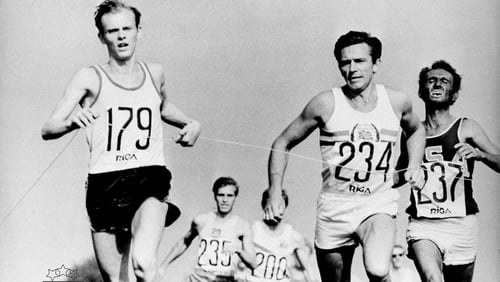
The hard work plays an important role in the personal growth of a runner.

Emma Kārkls
Riga, the 1930s. Oļģerts Kurmis, an educated unemployed, does all kinds of odd jobs. Together with his friend, vagrant Frīdis, they sometimes work for Mr. Kalnkāja who dreams of becoming a member of parliament. Kurmis feels responsible for his neighbour Emma, the young woman has just served a prison sentence for petty theft. He helps her to get a maid's position in the Kalnkāja household. While helping Kurmis and Frīdis with Kalnkāja's election posters, Emma is arrested again, this time for a "political offence".
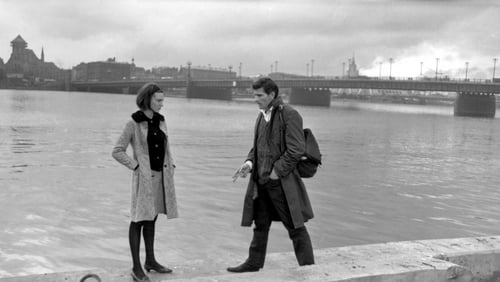
Bella
Cezars Kalnins, portrayed by "Latvian Harrison Ford” Uldis Pucitis, installs telephones by day and composes pop songs by night. The puritan Soviet censorship deems Cezars’s lyrics "unsuitable and frivolous” and "unfit for the Soviet youth”. In fact, it can be argued that this assessment matches the opinion of the Soviet cinema authorities in regard to this film as a whole, since "Four White Shirts” was immediately banned and released in cinemas only in 1986. The creative boldness and stubbornness, evident in both Cezars’s bitingly ironic verses and the film’s unconventional narrative structure and fresh, new-wave-inspired mode of expression, turned out to be equally problematic for the hero and for the film itself, as well as for its director whose representation of the actual mechanisms of Soviet censorship ended up too realistic for his own good.









